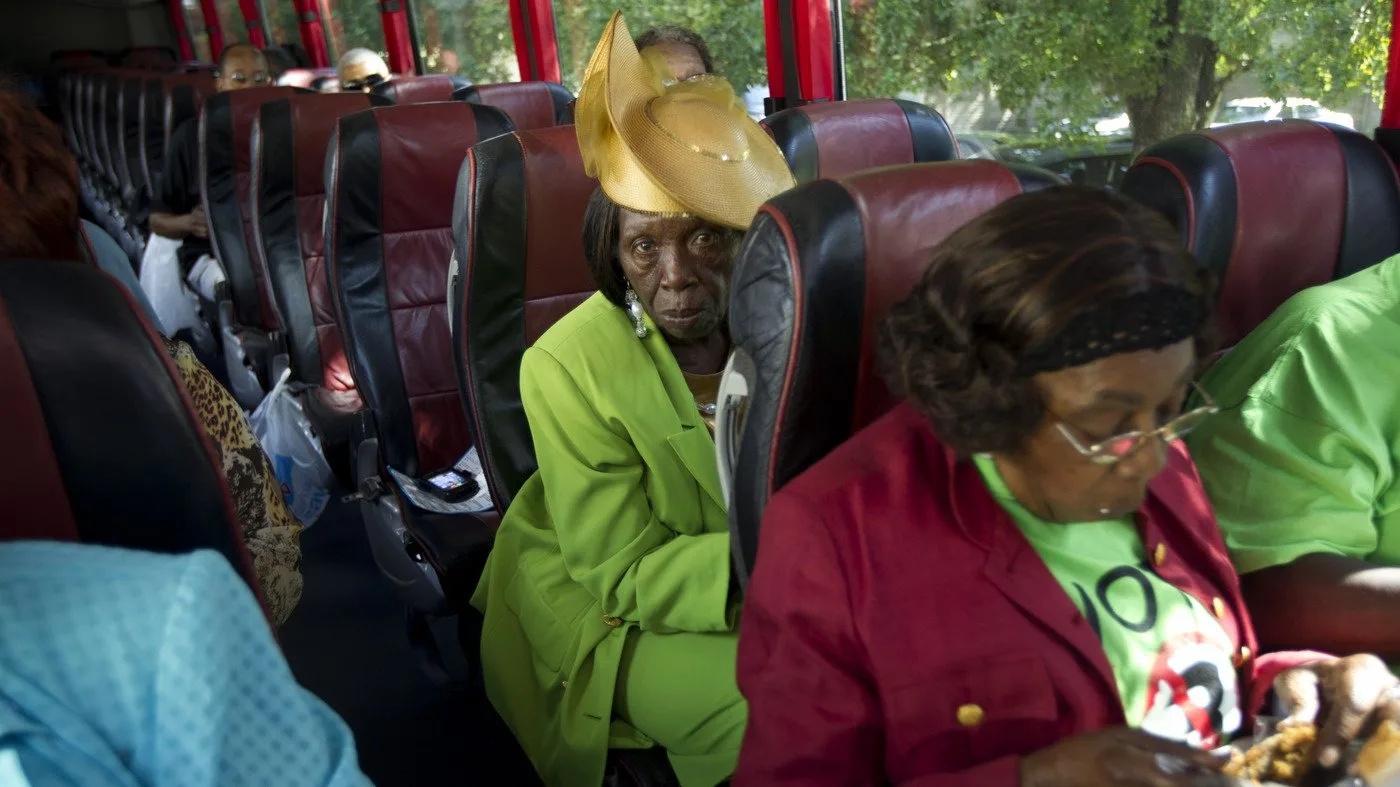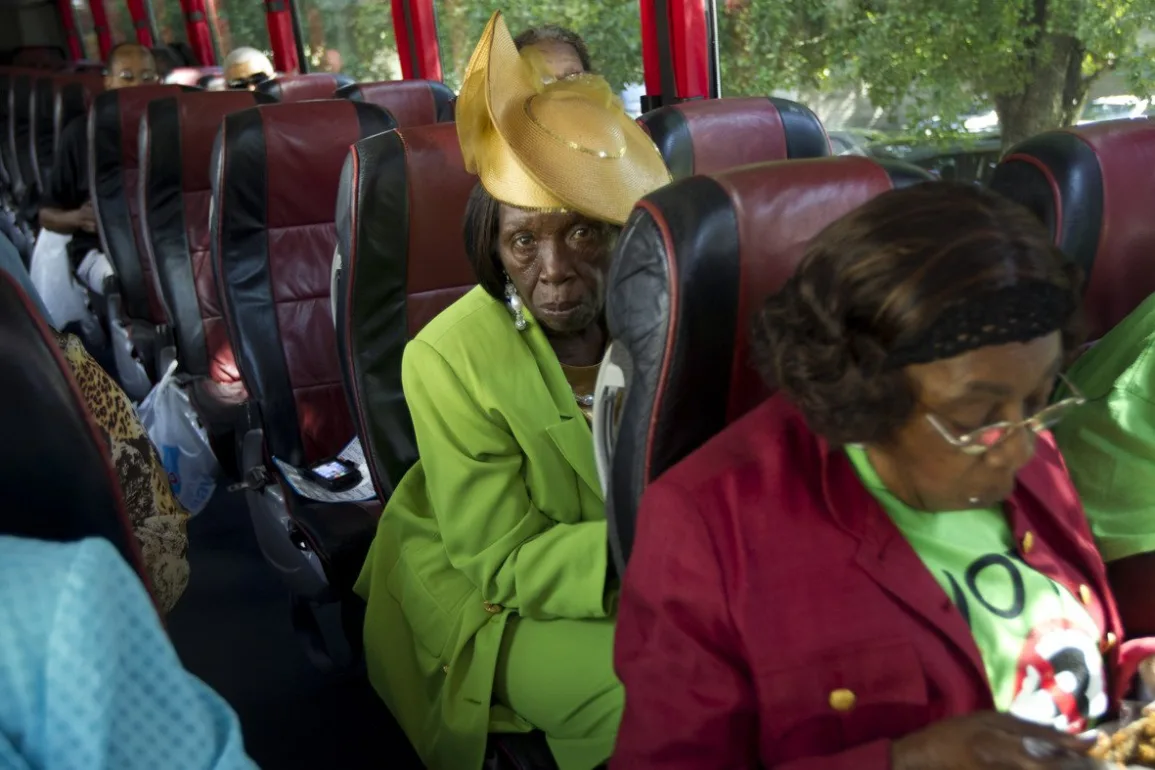
“We believe that Black Americans have been able to survive and thrive through community and collective action.” That’s how five leading scholars recently set out a thesis for “promoting mental health in the teeth of oppression” in the prestigious journal Lancet Psychiatry. Excerpted below, a portion of their article, sub-headed “The Special Role of Black Elders,” written by Dr. Dix.
Shorter life spans and higher morbidity rates are characteristic of Black Americans. Projects such as the Adverse Childhood Experiences study have shown that Black Americans carry a heavy burden of predisposing events that set up this excess morbidity and mortality from an early age. Black Americans who reach old age, especially those who manage to do so in good health, are a precious and special part of the Black community.
Black elders are a unique group of individuals who are ethnically heterogeneous and historically connected by a collective voice, and we must not take them for granted. Their collective voice serves to guide and empower Black people and the generations to come. Elders exert various types of intergenerational influence in the Black family, which have changed over time. Elders have a role in providing cultural knowledge as a way of closing the educational gap and making school more relevant to Black American children.
For centuries, Black Americans have faced social, economic, and political injustices, the origins of which lie in events rooted in racial oppression dating as far back as the 16th century. The inception of the Transatlantic Slave Trade, in which millions of men, women, and children were displaced from Africa and forced into slavery in the Americas, marked the beginning of the collective historical struggle that Black Americans have endured for centuries. The diaspora from west and central Africa gave rise to an ethnically diverse group of Black Americans who once were enslaved, but later became free to make profound contributions to American history.
Despite the abolition of slavery at the end of 1865, the remnants of racialization in the USA have persisted and continue to be ingrained in every aspect of American life in the forms of institutional and structural racism. The pervasiveness of racism and its impact on Black people have been discussed at length; Black psychiatrists have been central to developing the scholarship that underscores this dynamic. Currently, the struggles to overcome barriers to equality continue, and Black elders can serve as mentors and teachers for navigating this endemic issue.
Black elders have endured centuries of oppression, yet have managed to survive and thrive in a variety of ways that have shaped the rich history of the USA. Therefore, we assert that protecting the legacy of this population is important, so that it lives on even after individual elders die.
The historical experiences and struggles of Black ancestors and elders can give rise to the collective voice, which is a source of wisdom and an anchor of resilience that we feel must be amplified. The collective voice narrating the generations of shared suffering that tested mind, body, and spirit, conveys the lessons that we must learn to enhance our own understanding and appreciation of history, awareness of the present, and foresight to shape the future.
We feel the collective voice refers to one’s oral personal account and other modalities of communicating lived experience either through music, art, dance, literature, or poetry. The collective voice conveys more than just a personal account of the events, but also imparts the emotive or affective component of Black history, and speaks to the physical and psychological repercussions from the accumulation of ongoing racism.
American society must learn to recognize the potential long-term effects of chronic racial trauma on Black Americans as we age, so that we can develop ways to write our story that can be passed down to future generations. The psychological and emotional injury caused by chronic racism is so profound that it has been hypothesized to result in trauma that might potentiate neurobiological changes that can be transmitted across generations. Accumulation of such stressors over time might lead to physiological changes through the so-called weathering hypothesis, accounting for the disproportionately high rate of adverse health outcomes in Black Americans.
Despite these negative outcomes, Black elders continue to inspire Black Americans through a shared reality of survival and devotion to protecting and caring for the younger generation. Black elders can sustain Black mental health via actions of self-sacrifice and conscious efforts to preserve the integrity of the family unit and the community. A prime example of this self-sacrifice was in the 1990s, during the cocaine epidemic, when many grandparents took on the responsibility of raising grandchildren.
Black elders have served as surrogate parents and role models to Black American children and adolescents, leading by example and inspiring us to effectuate societal and political change for a better future.


